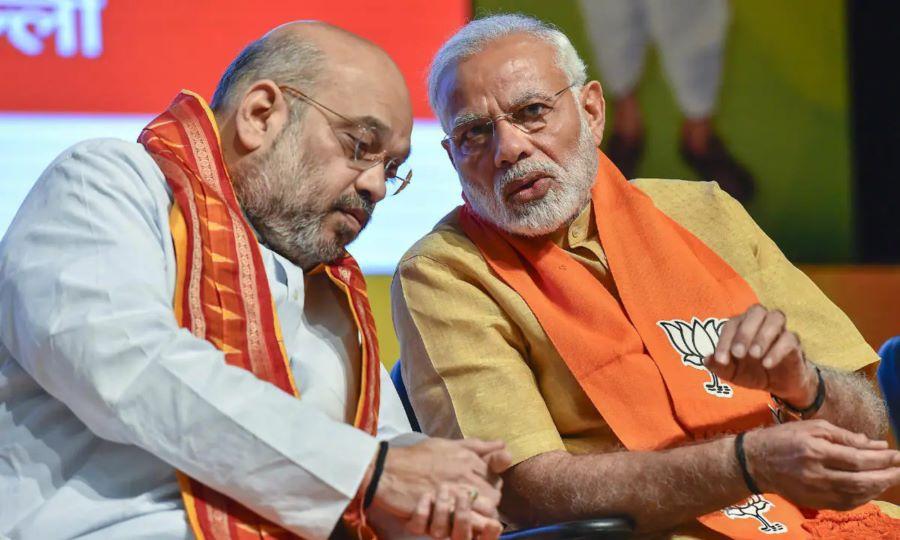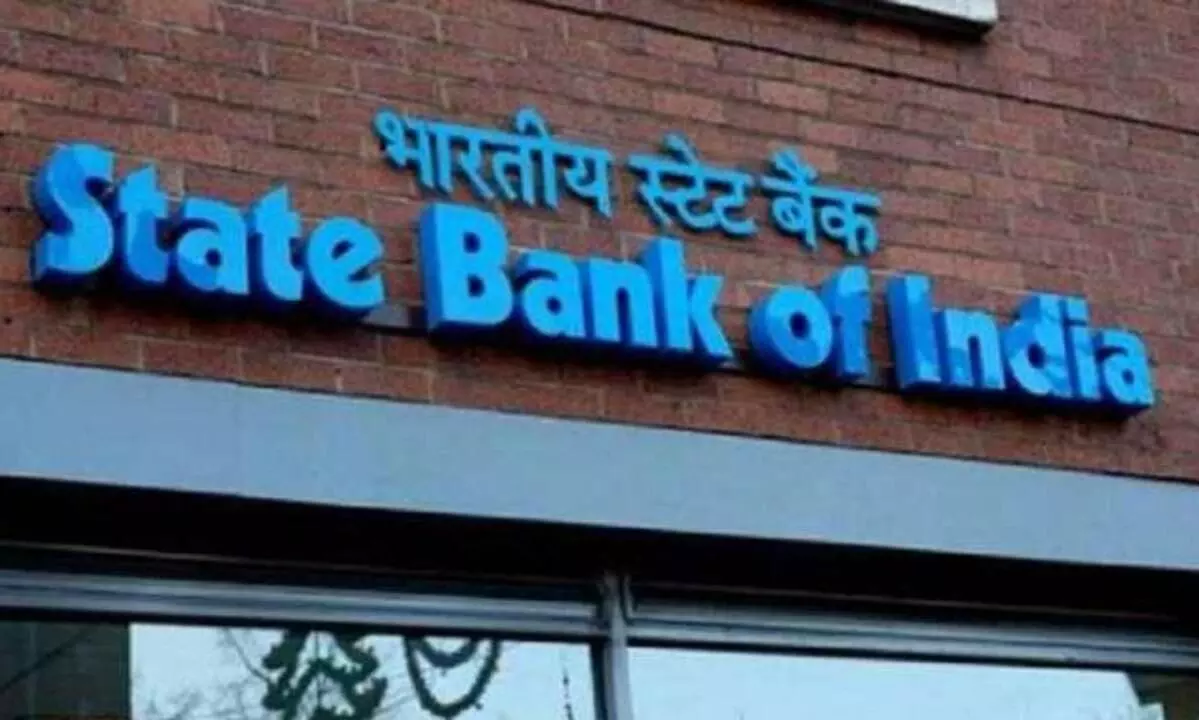
SBI's electoral bond politics
text_fieldsnarendra modi and amit shah
One of the most striking interventions in the recent history of the Indian Judiciary was the Supreme Court's decision to cancel the Electoral Bond system. The verdict of the Constitution Bench headed by Chief Justice DY Chandrachud on February 15 stated that the electoral bond system is unconstitutional. The court's observation that the scheme was not transparent and that the Electoral Bond was a system that abrogated the right of citizens to know about the donors to political parties was considered as a setback to the authoritarian tendencies of the Modi government. For, according to available figures, the BJP was the biggest beneficiary of this scheme. The Supreme Court also made another related intervention through this judgment; that was to make the details of this available to the citizens. It was an important direction that the State Bank of India (SBI) should immediately stop the distribution of electoral bonds and that the details of the already received bonds should be reported to the Election Commission before March 6. The court also ordered that the Election Commission should publicize it before March 13. However, two days before the due date, SBI approached the Supreme Court with a strange demand. Citing technical reasons, they requested for time till June 30 to hand over the details of the bond to the Election Commission. The court will consider the petition on Monday; along with this, the contempt of court case filed against SBI by the Association of Democratic Reforms (ADR), which has been fighting the electoral bond issue since the beginning, will also come up for hearing on that day. Whatever position the court takes on the matter, SBI's approach demands analysis from other angles in the new political context.
The gist of the Supreme Court order was that SBI should submit to the Election Commission the full details of the bonds purchased by individuals and industrial organizations from April 12, 2019, to February 15, 2024. The court also ordered that full information be provided, such as who bought the bond, its date and amount. In the judgment, there were also figures of money received by various parties through electoral bonds during 2017-23. The verdict makes it clear that out of the total amount of more than nine thousand crores received, Rs 6565 crores went to the BJP's account. In other words, the biggest beneficiary of this system is the BJP. - which is natural. The Electoral Bond Scheme, which was launched with the announcement of curbing the flow of black money focused on political parties, has been criticized from the beginning for being an official fundraising scheme of the BJP. For this project, the Income Tax Act was diluted with the support of the majority of the Parliament. Through this scheme, the Modi government was setting the stage for systematic corruption under the guise of the specious justification of laundering black money. That is what the Supreme Court overturned. What remains to be known is who all gave such huge amounts to the BJP. There is no way they can make such a huge investment without reaping any benefit in return from the government. Everyone expected that with the release of bond information by SBI, those secrets would be unravelled; and the chemistry of the industry-corporate-government bond would also have been revealed through that. SBI has sought to thwart it through a tactical inerruption.
June 30 is the deadline requested by SBI for handover of the information. They also put forward some technical reasons for this. One of them is that around a quarter of a lakh electoral bonds have been issued to various parties within the time frame specified by the court, and it is impractical to collect the details of these in a short time. While at first glance this may appear to be true, a preliminary investigation would tell that the truth is otherwise. SBI has 29 branches that issue electoral bonds. When a person buys a bond, the bank should record his KYC details. Alternately, the bank also has a system to store it as digital data. Then, SBI has the technology to release any bond-related information in real-time. In fact, if the SBI approached the court, it would only mean one thing: they do not wish to divulge the information until after the Lok Sabha elections. One can easily guess for whom SBI took this stand. That is why the opposition has come out strongly against the SBI plea. Some of them have filed a contempt of court petition against the bank too. It is the experience of every citizen how the hysterical politics of Hindutva is destroying the democratic and constitutional institutions of the country day by day. SBI's bond politics will also have to be evaluated as a follow-up. The only thing that remains to be seen is whether the Supreme Court will resist such reprehensible politics, just as it clamped down on Electoral Bond.

























